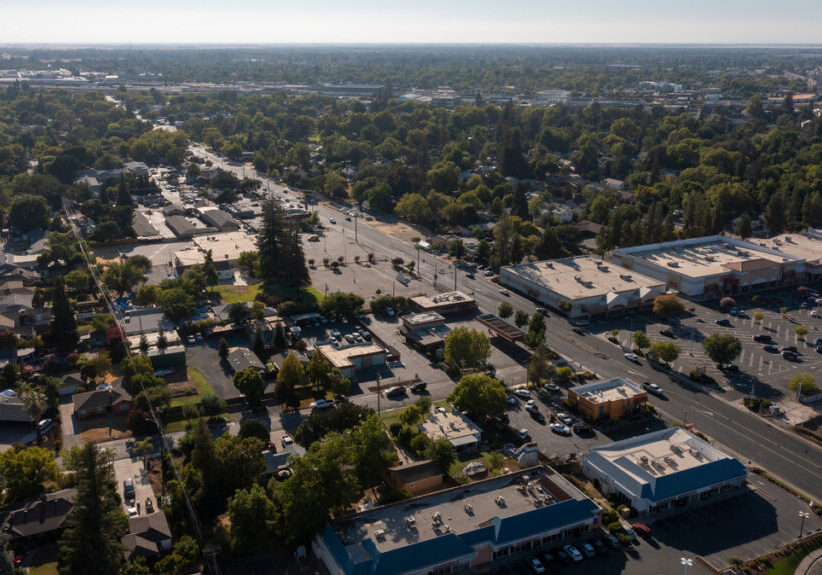On May 17, 2025, a powerful car bomb detonated outside the American Reproductive Centers fertility clinic in Palm Springs, California. The blast killed the suspect, injured four others, and caused significant damage to nearby buildings. According to the FBI, the explosion was a targeted act, and investigators recovered writings linking the suspect to extreme anti-natalist ideology.
The incident was a reminder of how sudden and devastating explosions can be, whether caused by criminal intent, infrastructure failure, or human error. If you or someone you care about has been affected by an explosion accident, you know the immense physical and emotional toll—and that legal questions often follow closely behind.
This post explores the types of explosion hazards Californians face, from gas leaks to industrial accidents, and outlines what you should know if you’ve suffered injuries or property loss as a result.
Explosion Hazards: A Statewide Concern
While the Palm Springs bombing is a tragic example of intentional harm, most explosions in California are accidental—and often preventable. Natural gas leaks, aging pipelines, and unsafe worksite conditions can all lead to catastrophic events. These incidents span urban neighborhoods, residential homes, and industrial zones.
To cite a few examples:
San Bruno Pipeline Explosion
In 2010, an entire San Bruno neighborhood was devastated when a Pacific Gas & Electric (PG&E) pipeline ruptured and exploded. The fireball killed eight people, injured dozens, and destroyed 38 homes. A federal investigation later revealed the pipeline was poorly maintained, with defective welds and inadequate oversight.
Murrietta Gas Explosion
Years later, in 2019, a contractor struck a gas line in Murrieta while digging outside a home. The explosion killed one gas company worker and injured more than a dozen others.
Long Beach Gas Explosion
More recently, in October 2024, a home in Long Beach was destroyed by a gas explosion suspected to be linked to a faulty appliance or pipeline. The homeowner suffered severe burns and was hospitalized in critical condition.
These events illustrate the ongoing risks that Californians may not fully realize exist until tragedy strikes.
Common Causes of Explosions in California
What causes explosions? The answer can inform both safety and legal accountability.
1. Natural Gas Leaks
Gas leaks are one of the leading causes of residential explosions. Faulty pipes, aging infrastructure, or poorly installed appliances can all allow gas to accumulate and ignite. The San Bruno and Long Beach incidents both stemmed from gas-related failures.
2. Industrial and Workplace Accidents
Sites that handle chemicals, pressurized gases, or combustible materials pose ongoing risks to workers and nearby communities. In 2014, an explosion at the Santa Clara Waste Water plant in Santa Paula injured 11 people—including firefighters—and prompted hazmat evacuations. The cause was traced to improper handling of a volatile chemical mixture.
3. Pipeline and Infrastructure Failures
California has 215,000 miles of gas pipelines, many of which are decades old. Failure to upgrade or inspect these lines increases the risk of undetected corrosion or cracking.
4. Construction Damage
Excavation work near buried gas lines must follow strict protocols. Failure to properly locate utility lines can result in disaster, as seen in Murrieta. The California Energy Commission notes in a report that the greatest threat to buried natural pipelines is non-utility excavation equipment accidentally damaging the pipeline with its legal right-of-way, causing “severe safety consequences.”
5. Intentional Acts and Explosives
While less common, intentional explosions—such as the recent Palm Springs bombing or the 2018 spa explosion in Aliso Viejo—are particularly traumatic. These events often involve criminal investigations alongside personal injury claims. The perpetrator of the spa explosion was recently sentenced to life in prison.
Injuries and Losses After an Explosion
Explosions can cause devastating, life-altering consequences. If you’ve been affected, you may be facing:
- Severe Burns: Victims may need skin grafts, long hospital stays, and ongoing therapy.
- Traumatic Injuries: Flying debris, collapsing walls, or blast waves can cause fractures, internal injuries, or head trauma.
- Hearing Loss or Vision Damage: Explosions frequently result in sensory impairment.
- Emotional and Psychological Trauma: Anxiety, PTSD, and depression are common among survivors and their families.
- Property Destruction: Homes and businesses may be reduced to rubble, leaving victims without shelter or livelihood.
For families who lose loved ones, the pain is immeasurable. And for those who survive, recovery is often slow, expensive, and complicated.
What to Do If You’ve Been Affected by an Explosion
If you or a loved one has been injured in an explosion—or if your home or property has been damaged—there are critical steps you should take to protect your well-being and preserve your rights. Some of those general steps include:
1. Get Medical Help Immediately
Even if you feel fine, some injuries from explosions—especially internal or head trauma—can surface hours or days later. Immediate evaluation is crucial.
2. Preserve Evidence
If safe to do so, take photos of the scene, your injuries, and any damage. Keep records of medical care, insurance claims, and repair estimates.
3. Report the Incident
Notify emergency responders, your utility provider (in the case of a suspected gas leak), and your insurance company. In workplace settings, you may also need to alert OSHA or your employer.
4. Do Not Accept Early Settlement Offers
Insurance companies or responsible parties may offer quick compensation. Before accepting anything, consult a personal injury attorney who can help assess whether the offer reflects the true cost of your injuries and losses.
Your Rights Under California Law
California law allows explosion victims to pursue compensation when another party’s negligence or misconduct is to blame. Depending on the situation, you may have a case against:
- A utility provider (e.g., PG&E or SoCalGas)
- A contractor or construction firm
- A property owner or landlord
- A manufacturer of defective equipment
- An individual who caused harm intentionally
Compensation can cover medical bills, lost wages, future care needs, property repair or replacement, emotional distress, and—in cases involving loss of life—wrongful death damages.
A qualified attorney can investigate the cause of the explosion, identify liable parties, and help you navigate the legal process while you focus on recovery.
How Penney & Associates Can Help
Explosion cases are complex. They often involve technical investigations, corporate liability, and substantial medical documentation. At Penney & Associates, we understand how difficult this process can be—especially when you’re dealing with trauma and loss.
Let us help you understand your legal options and pursue justice. Call us today at (800) 616-4529 or fill out our contact us form to schedule your free, no-obligation consultation.
Read More
After a Fire or Explosion, Critical Steps for a California Injury Claim
Why Hiring the Right Lawyer Saves Money in the Face of Inflation
Filing a Wrongful Death Claim in California: What to Keep in Mind



